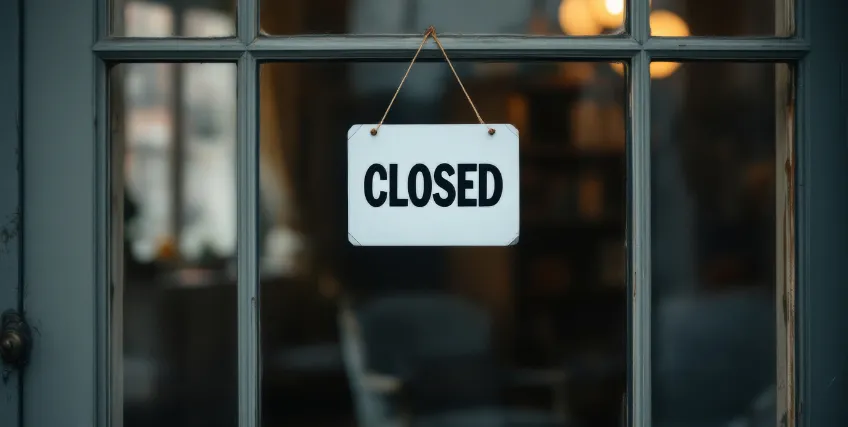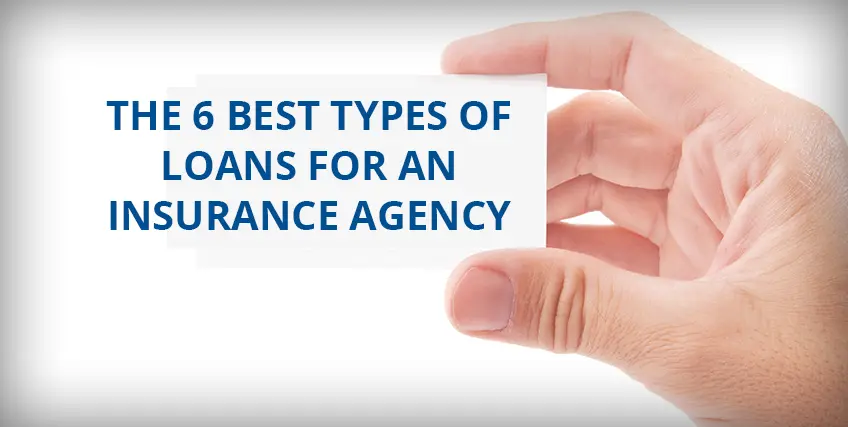Is Business Interruption Insurance Right for Your Business?
April 11, 2025 | Last Updated on: April 11, 2025

Business interruption insurance protects your small business when unexpected events temporarily halt operations. This coverage helps replace lost income, cover operating expenses, and sustain your business through disruptions caused by covered perils like fires or natural disasters. According to Investopedia, business interruption insurance is vital for minimizing financial losses after unforeseen events, allowing businesses to recover quicker and maintain stability.
While many business owners understand the basics of business insurance, fewer realize the importance of specialized business income insurance coverage. Types of business insurance vary, but interruption insurance can be a crucial component of a robust business insurance cover, especially for small businesses vulnerable to extended closures.
What is Business Interruption Insurance and How Does It Work?
Business interruption insurance, often part of a business owner’s policy (BOP), compensates your business for lost income during periods when operations halt due to a covered peril. It covers net income you would have earned and essential ongoing operating expenses like loan payments, lease payments, payroll, and temporary relocation costs.
According to Forbes, business interruption insurance kicks in after a waiting period, typically 48 to 72 hours after the covered event occurs. Coverage continues until your business returns to normal or the policy’s maximum period is reached, known as the restoration period. Business insurance for small businesses commonly includes interruption insurance, helping them manage disruptions effectively without severe financial damage.
Why Businesses Need Business Interruption Insurance
Unexpected disruptions such as physical damage from fires, natural disasters, or civil authority closures can seriously impact small businesses. The primary advantage of business interruption insurance is that it provides financial protection during the crucial recovery period.
Nationwide notes that this coverage is particularly beneficial because it compensates for lost income, covers ongoing expenses like rent and utilities, and helps manage the additional costs of operating from a temporary location. Businesses often underestimate their vulnerability to disruptions, but incorporating interruption insurance into their broader business insurance coverage is an essential step toward resilience.
What Does Business Interruption Insurance Typically Cover?
Business interruption insurance covers financial losses due to direct physical loss or damage to insured property. This coverage generally includes:
- Lost business income
- Operating expenses (rent, utilities)
- Payroll
- Relocation costs
- Extra expenses incurred to keep operations running temporarily
- Civil authority coverage, if government orders restrict access to your business
The Hartford emphasizes that it's crucial for policyholders to clearly understand their policy language, especially coverage limits and exclusions, such as communicable diseases like coronavirus. Exclusions typically include damages resulting from pandemics, routine wear and tear, or damage caused intentionally. Careful consultation with your insurance agent ensures your policy covers the right risks effectively.
Common Misconceptions About Business Interruption Insurance
1. Business Interruption Insurance Covers All Disruptions
Many business owners mistakenly believe that business interruption insurance automatically covers every type of disruption. However, typical business interruption insurance policies specifically cover disruptions caused by direct physical loss or damage to the insured property, such as natural disasters, fires, or vandalism. Events like pandemics or government-mandated closures due to communicable diseases, such as coronavirus, are often excluded unless specifically listed. Small businesses need to thoroughly understand their insurance policy language and exclusions to avoid financial losses and inadequate protection during unexpected disruptions. It's crucial to clarify types of coverage with an insurance agent when selecting your business insurance cover.
2. Existing Business Insurance Automatically Includes Business Interruption Insurance
Many small businesses assume their general business insurance already includes business interruption coverage. This misunderstanding can lead to severe financial impacts when disruptions occur. Business interruption insurance is usually a distinct type of coverage or an additional rider within a business owner’s policy (BOP). It specifically compensates businesses for lost income, ongoing operating expenses, and extra expenses during the restoration period after covered events. Businesses must proactively verify the inclusion of business interruption insurance in their existing business income insurance coverage to avoid unexpected financial strain during extended closures.
3. Business Interruption Insurance Covers Losses Indefinitely
Another common misunderstanding is that business interruption insurance coverage continues indefinitely until the business fully recovers. In reality, policies specify a restoration period, which typically ranges from several weeks up to a year. During this period, the policy covers net income losses and certain operating expenses necessary to maintain the business temporarily. Once the restoration period expires, the policy no longer provides coverage, regardless of whether the business has fully recovered. Understanding the length of time and coverage limits outlined in your policy is essential to avoid confusion and ensure adequate financial planning.
How to Determine If Business Interruption Insurance Is Right for You
Assessing whether business interruption insurance suits your small business involves evaluating several factors:
- Risk Assessment: Analyze your industry’s vulnerability to disruptions like natural disasters, vandalism, or prolonged shutdowns.
- Financial Reserves: Evaluate your ability to handle operational expenses during a shutdown.
- Coverage Needs: Understand the amount of coverage required, considering your business's net income, operating expenses, and recovery time.
- Cost-Benefit Analysis: Weigh the premiums against potential financial losses.
Nationwide advises small businesses to discuss their specific needs with an insurance agent. Understanding your business interruption coverage details—including restoration periods, exclusions, and waiting periods—will help you select the appropriate level of protection.
Conclusion
Business interruption insurance is essential for small businesses to protect against financial instability caused by unforeseen disruptions. Incorporating this specialized insurance into your broader business insurance cover ensures operational continuity and financial security during difficult times.
To decide if this coverage suits your needs, consult reputable sources to assess potential risks, and discuss options with your insurance agent. Ensuring your business insurance includes adequate interruption coverage is a proactive step towards long-term stability and resilience.
FAQs
How long does business interruption insurance coverage last?
Business interruption insurance coverage generally lasts until your business resumes normal operations or reaches the policy's coverage limits, defined as the restoration period. This duration varies by insurance provider. It's essential to clearly understand your policy language and restoration period when selecting your coverage.
Is business interruption insurance expensive?
The cost of business interruption insurance varies based on your industry, location, business size, and coverage amount. Generally, premiums are calculated as part of a business owner’s policy (BOP), making them affordable for most small businesses. Premiums can increase based on risks like natural disasters or high-value equipment. Consulting with an insurance agent helps you balance cost and coverage needs effectively.
Does business interruption insurance cover all operating expenses?
Business interruption insurance typically covers essential ongoing operating expenses such as payroll, lease payments, utilities, loan payments, and temporary relocation costs. However, coverage depends on your specific policy terms. Always review your policy carefully to ensure it covers your critical expenses during disruptions.
What should businesses look for when selecting a business interruption insurance policy?
When selecting a policy, consider the coverage limits, waiting period, restoration period, exclusions, and whether the policy includes additional coverage like civil authority or contingent business interruption insurance. Evaluate your business's risk profile and operational expenses thoroughly to determine the right coverage levels. Consulting with an insurance agent ensures you get adequate protection.
Can you get business interruption insurance separately?
Business interruption insurance is typically purchased as part of a business owner’s policy (BOP) or commercial property insurance. However, some insurers offer standalone policies, especially for businesses with unique coverage needs or higher risk profiles. Discussing options with your insurance agent can help identify the best approach based on your business requirements.




